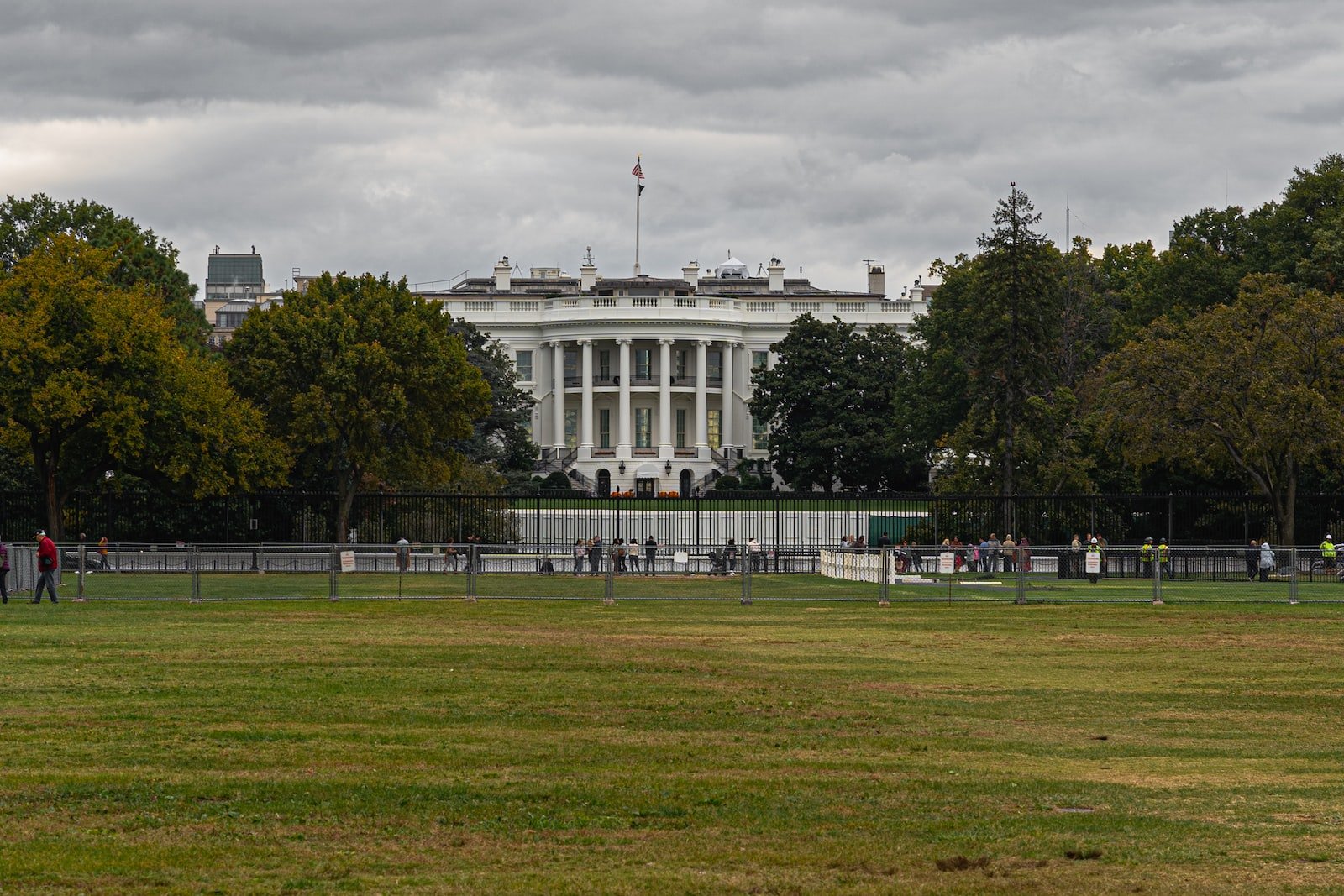With the significant growth of the digital assets market in recent years, new reports by the White House have been made to outline the recommendations to protect consumers, investors, businesses, financial stability, national security, and the environment.
President Biden’s March 9 executive order focused on ensuring the responsible development of digital assets – outlining the first whole-of-government approach to addressing the risks and potential benefits of digital assets and their associated technology. Both frameworks and policy recommendations have been developed to advance the six key priorities: consumer and investor protection; promoting financial stability; countering illicit finance; U.S. leadership in the global financial system and economic competitiveness; financial inclusion; and responsible innovation.
Protecting Consumers, Investors, and Businesses

A study demonstrated that almost a quarter of digital coin offerings had disclosure or transparency issues concerning plagiarized documents or false promises of guaranteed returns. The Biden-Harris Administration and independent regulators are working to address this by providing guidance, increasing enforcement resources, and pursuing fraudulent actors.
Promoting Access to Safe, Affordable Financial Services
As today’s traditional finance in the U.S. leaves too many behind, the digital economy should work for all Americans. The goal is to develop financial services that are secure, reliable, and accessible to all – and digital assets could help with this. However, more work is needed to ensure that they truly benefit underserved consumers and do not lead to dishonest financial practices.
Fostering Financial Stability
Mainstream financial systems and digital assets are becoming increasingly intertwined – leading towards avenues of turmoil having potential spill-over effects. There is recognition of the need to regulate digital assets’ stability risks, identify related regulatory gaps, and make additional recommendations to foster financial stability. The Treasury is making strides to work with financial institutions to bolster their capacity to identify and mitigate cyber vulnerabilities, and to work with other agencies to identify, track, and analyze emerging strategic risks that relate to digital asset markets.
Advancing Responsible Innovation
The United States is home to approximately half of the world’s top 100 financial technology companies – many of which trade in digital assets. To keep this tradition, the Biden-Harris Administration plans to foster a responsible digital assets research and development agenda, provide regulatory guidance for innovative U.S. firms developing new financial technologies, and track digital assets’ environmental impacts.
Fighting Illicit Finance
The U.S. is a leader in applying the anti-money laundering and counter-financing of terrorism (AML/CFT) framework within the ecosystem of digital assets. Whilst this has strengthened the U.S. financial system, digital assets have been exploited to launder illicit proceeds and conduct an abundance of crime. The Treasury, FBI, DHS, and NSF have drafted risk assessments to provide the Administration with a thorough view of digital assets’ illicit-finance risks.
Exploring a U.S. Central Bank Digital Currency (CBDC)
The CBDC is a digital form of the U.S. dollar, potentially offering profound benefits in promoting financial inclusion and equity. In recognition of this, the Administration has developed policy objectives to flesh out the goals for a CBDC. If implemented, this should protect consumers, promote economic growth, improve payment systems, provide interoperability with other platforms, advance financial inclusion, protect national security, and respect human rights. However, further research is required on the underlying technology to support a CBDC.
If you found this article to be informative, you can explore more current Digital Twin news here exclusives, interviews, and podcasts.













